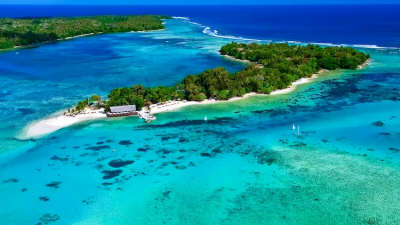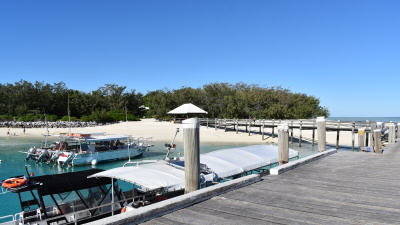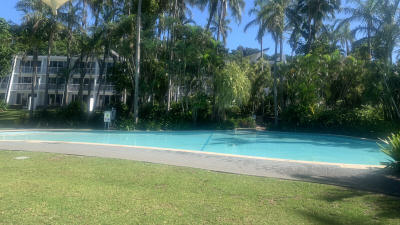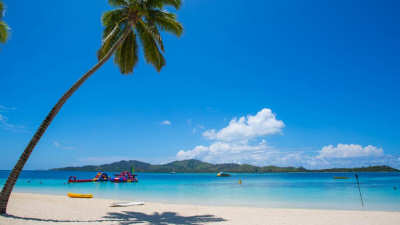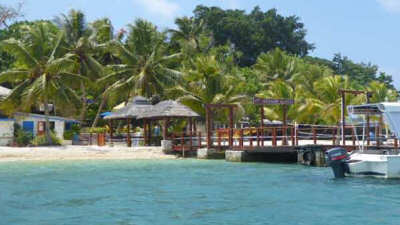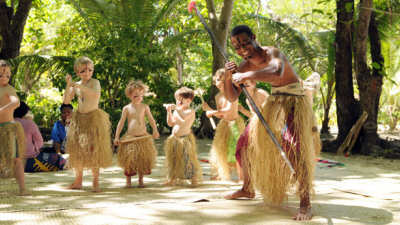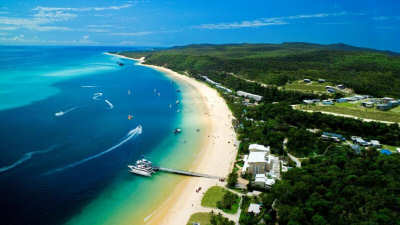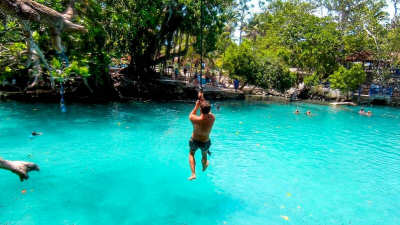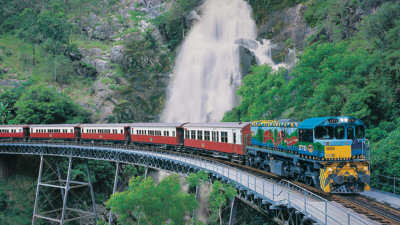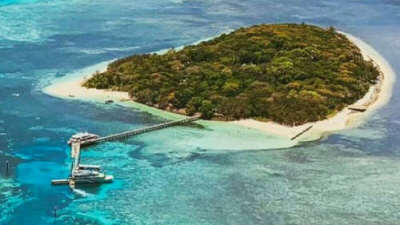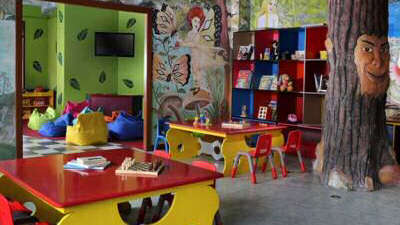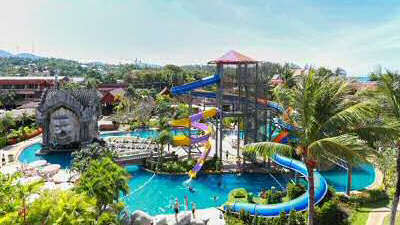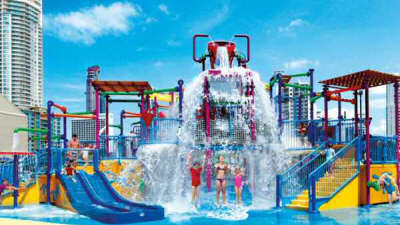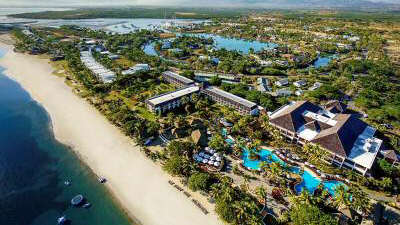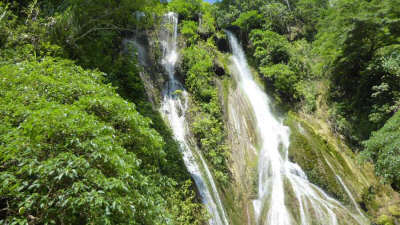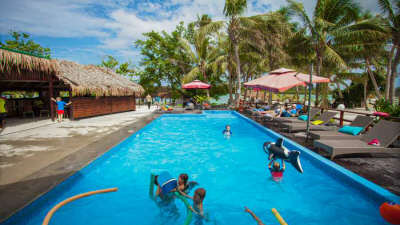While not offering the five star accommodation of some of the other pacific destinations, it has its own special attractions including a relaxed way of life, friendly people, affordable accommodation and beautiful lagoons and beaches.
Climate
Samoa is hot and humid for most of the year. During the winter, from May to October, the days are cooled by the southeast trade winds. The rainy season stretches from November to April. Cyclones are reasonably common during from December to March. Temperatures average around 26 degrees for most of the year with very high humidity especially during the summer months.
Food & Drink
Be cautious drinking tap water anywhere in Samoa. Stick to bottled water. Basic health care is available in Samoa for routine medical problems. There is a public and private hospital available in the capital, Apia but services are limited and medical evacuation may be required for serious cases.
Outbreaks of Dengue fever have occurred as recently as 2015. Take precautions against being bitten by mosquitoes. Cases of chikungunya and Zika viruses have also occurred.
Dangers
There have been a number of violent assaults and robberies in Samoa, including sexual assaults against foreigners. You should avoid going out alone at night or to isolated locations, including beaches. Driving in Samoa can be dangerous, particularly at night, due to insufficient street lighting and poor road conditions.
Facts
Population: approx. 179,000;
Currency: Tala (WST);
Time: UTC -11;
Official Language: Samoan, English;
Capital: Apia;
For more information on healthy travel with your family check our
healthy travel guide.
Samoa - healthy travel
October 2016 by Kids Holidays

image © Bigstock emperorcosar

